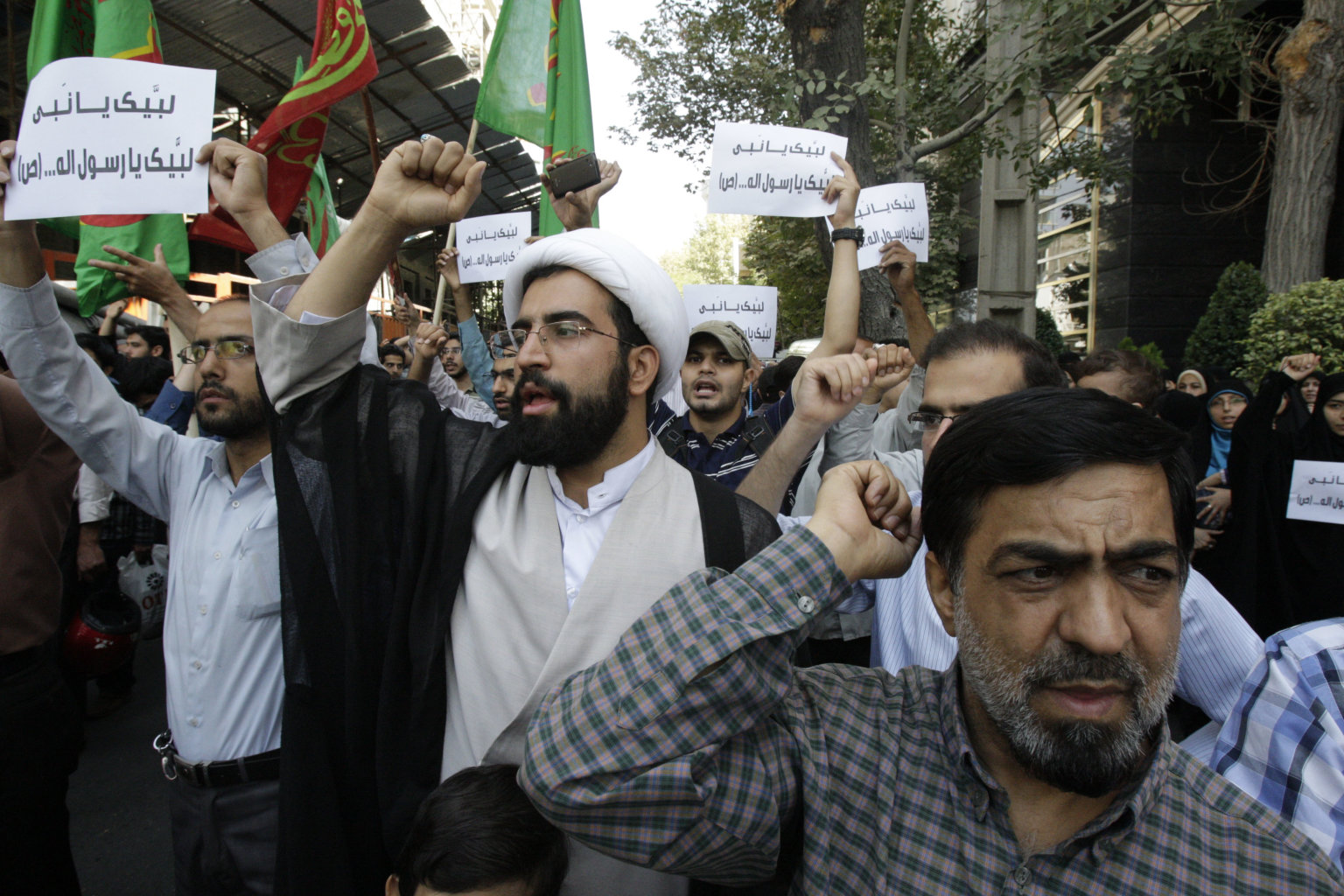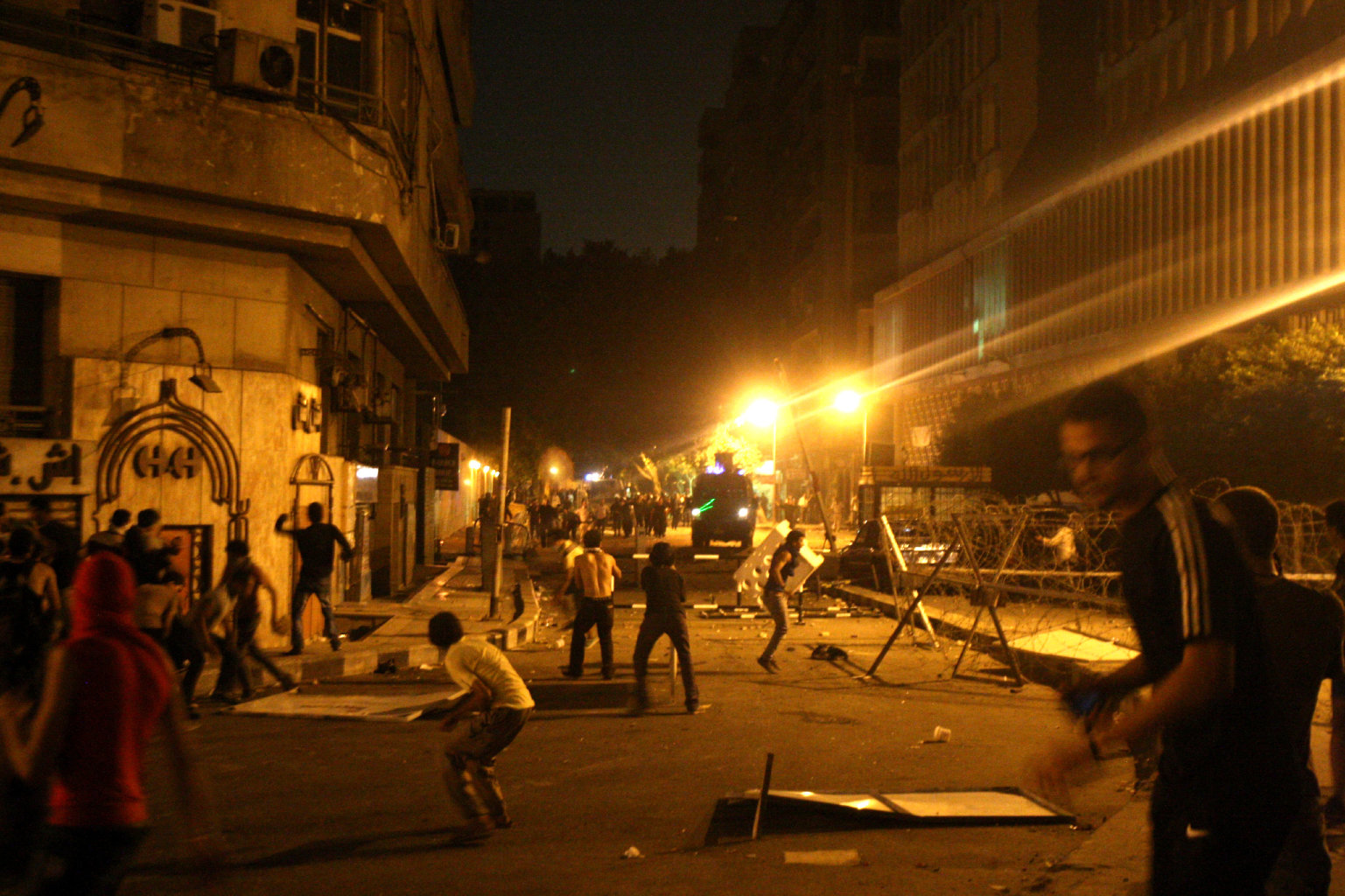On September 11, during a period of
reflection for many in the United States, our country found itself
under assault once again. Our diplomatic envoys to various countries
in the Islamic world are threatened and some Americans have been
killed.
Many Americans are angered that our
country has been threatened and many more are critical of our current
administration for projecting weakness, rather than strength, which
may have emboldened those who threatened us.
We should project strength as a
country. I am not sure about how flagrant we should be in projecting
that strength, but foreign policy decisions are not made by me. But I
have some questions. People have told me that I ask many questions
but do not provide the answers. Maybe that is because I don't know
the answer, but only the question. Maybe that is because there is no
good answer to some questions. Or, perhaps, it is because the best
way for someone to accept an answer is for that person to think about
the question and discover the answer for themselves.
Here is my first question "Is America
hated in the Islamic world?"
Ask most anyone in the last few days
and the response will likely be YES! But that is likely a
generalization based on the news feeds that are pumped through our
homes and offices. Some people hate the United States, but how are we
to know the extent of that sentiment? How do we even know the
motivation of the people who are part of the mob? I think it is
likely that many mobs in the Islamic world the past year or so had
lots of people who didn't know why they were there. Were they mad?
Yes. Were they whipped up into a fury? Yes.
But, could we not edit video from the
Democratic National Convention in such a way as to present people in
America as Anti-God and Anti-Jerusalem? After all there were people
shouting and booing at the change in the party platform. Does that
mean all Americans are trying to shout down things related to God and
Jerusalem?
What about all of the other people who
were not a part of the mobs? Where is the camera filming the families
in their homes upset at the violence? Were people who were not
participating in the mobs at home because they could not get there?
In other words, if they could have been a part of the mob, would they
have been a part of it? Or were they opposed to it? Were they
indifferent? There are many things we don't know about the people in
the mobs and those who were not in the mobs. We can be sure that some
hate us, but many we just don't know about.
The Second question is “Should we be
hated as a nation?”
As an American I want to say, NO! After
all, we want peace, democracy, and stability in the world. We are the
shining city on a hill, (though we have had some brown outs since
electing our current administration) and stand for what is good and
right in the world. We have the moral high ground. That is what I
want to believe. That is the type of country I want to live in. But
is that the type of country that I actually live in?
I sometimes wonder if we don't act more
like a bully than a positive role model. We flex our muscles with our
military. Project our power far from our shores to make sure we get
our way. We also use our bank account to pay people to agree with us.
Our “foreign aid” looks to me like we are trying to flex our
economic muscles rather than to really help people.
In school, the bully gathered a group
of people around and threatened to punch them if they didn't do what
he wanted. If he had a fat bank account he could also threaten to cut
people off if they did not do what he wanted. The bully was a leader.
He was a leader who lead with force. People would follow him, out of
fear or because they thought they could get what they wanted by
following him. Eventually people lose the fear of a bully and start
to fight back.
A bully is not a good leader. A good
leader is strong, but doesn't have to flex his muscles in front of
everyone. A good leader does what is best, not simple what he wants.
A good leader helps people because it is the right thing to do, not
to control them.
I want my country to be a good leader,
but why do I get the feeling that we have been acting like a bully?
If we are acting like a bully, rather
than a leader, how would we fix it? Well I think that we would have
to have leaders running the country, not bullies. But I think we have
been electing bullies lately. I hope things get better.




